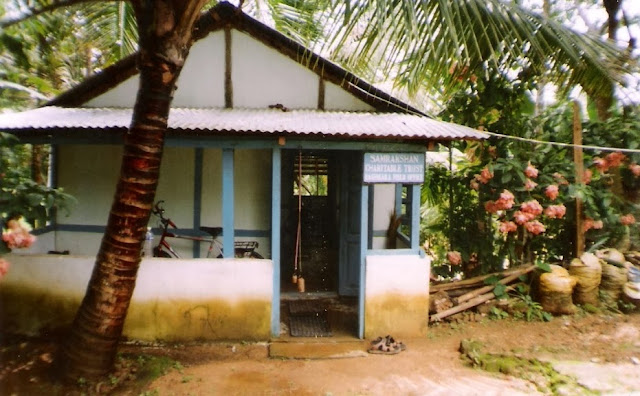Environmental Education with Adults : Some Snippets
Some snippets, concerning adults, from an interesting book - Conservation Education and Outreach Techniques Susan K Jacbson, Mallory D Mc Duff and Martha C Monroe Publisher: Oxford University Press Print ISBN-13: 9780198567714 Learning and teaching with adults (and youths) Maturity generally brings in a different set of priorities for learning, especially a greater sense of self-direction, more experiences from which to draw upon, and a desire to learn things that can immediately be useful in work or social situations. In the likely event of a diverse group of adult learners, it is important to use a variety of learning strategies to appeal to the wildest possible set of learners, allow adults to choose their subgroups or task, and permit a variety of responses and outcomes. As a result, most adult training workshops include icebreakers to introduce people, large group information-delivery, small group discussions, engaging activities, and opportunit...





